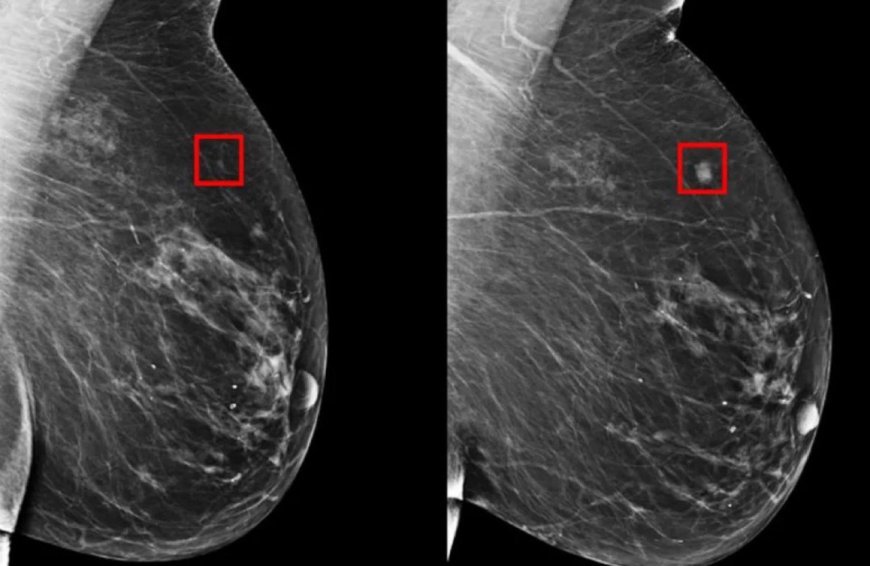MIT's AI System Mirai: Revolutionizing Breast Cancer Risk Prediction
Discover how MIT’s AI system, Mirai, is transforming breast cancer risk prediction with higher accuracy, early detection, and reduced workload for radiologists. Learn about its clinical integration and personalized screening strategies.

Researchers at MIT have developed a system that uses artificial intelligence (AI) to predict the future risk of developing breast cancer. This system, known as "Mirai," was designed to improve the accuracy and robustness of risk models by being trained on large datasets of mammograms and tested in various clinical settings.
How Does the System Work?
1. Data Basis:
The system was trained on over 200,000 mammogram examinations from various hospitals worldwide, including Massachusetts General Hospital (MGH), the Karolinska Institute in Sweden, and Chang Gung Memorial Hospital in Taiwan.
2. Risk Modeling:
Mirai models a patient's risk over several future time points and can also consider clinical risk factors such as age or family history when available.
3. Consistency and Robustness:
The system is designed to provide consistent predictions even with slight differences in clinical environments, such as the choice of mammography machine.
Advantages of the AI System
1. Higher Accuracy:
Mirai was significantly more accurate than previous methods in predicting cancer risk and identifying high-risk groups. It identified nearly twice as many future cancer diagnoses compared to the current clinical standard, the Tyrer-Cuzick model.
2. Early Detection:
The system can detect breast cancer up to five years before its development, allowing for earlier and more targeted treatment.
3. Reduced Workload:
By automating part of the analysis work, the system can significantly reduce the workload of radiologists while increasing the accuracy of diagnoses.
Practical Application and Future Prospects
1. Clinical Integration:
Mirai is currently being integrated into various hospitals to further validate and optimize its performance in real-world clinical settings.
2. Personalized Medicine:
The ability to assess risk individually offers the possibility of developing personalized screening strategies tailored to the specific needs of each patient.
Summary
The AI system Mirai developed by MIT represents a significant advancement in the early detection and risk prediction of breast cancer. By leveraging large datasets and the ability to make consistent and accurate predictions, Mirai has the potential to greatly improve breast cancer diagnosis and treatment while reducing the workload of radiologists.
 Marcel.K
Marcel.K 





